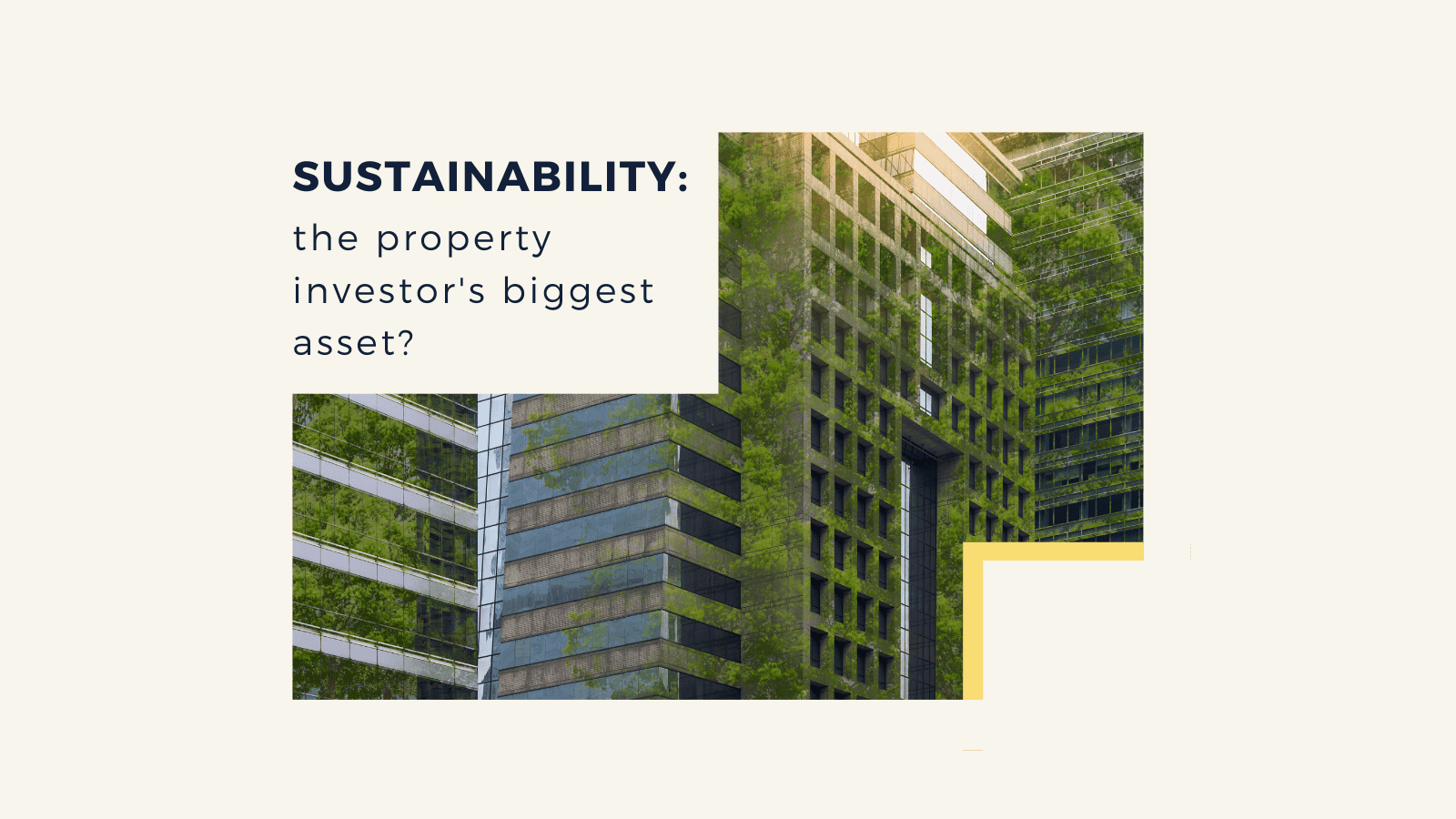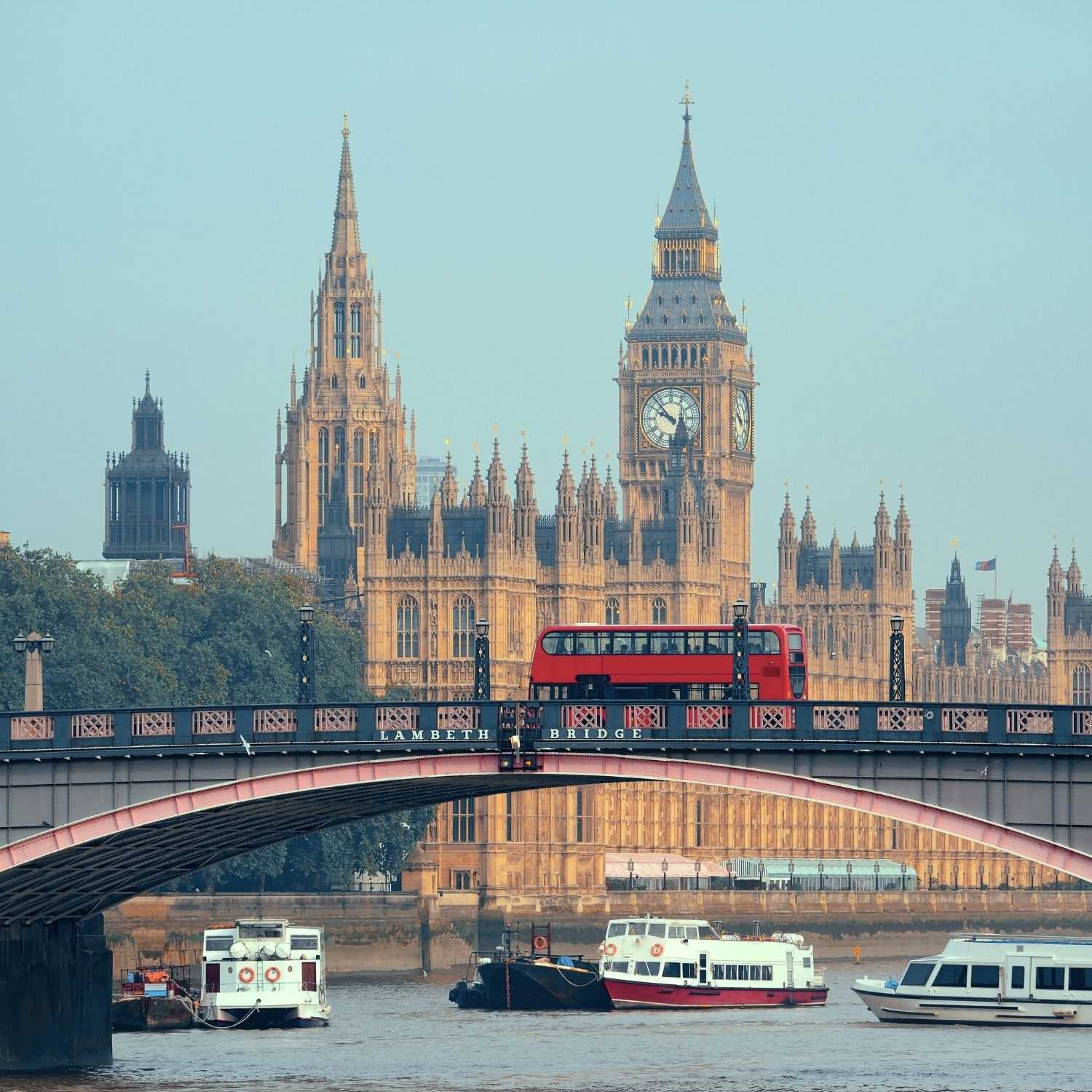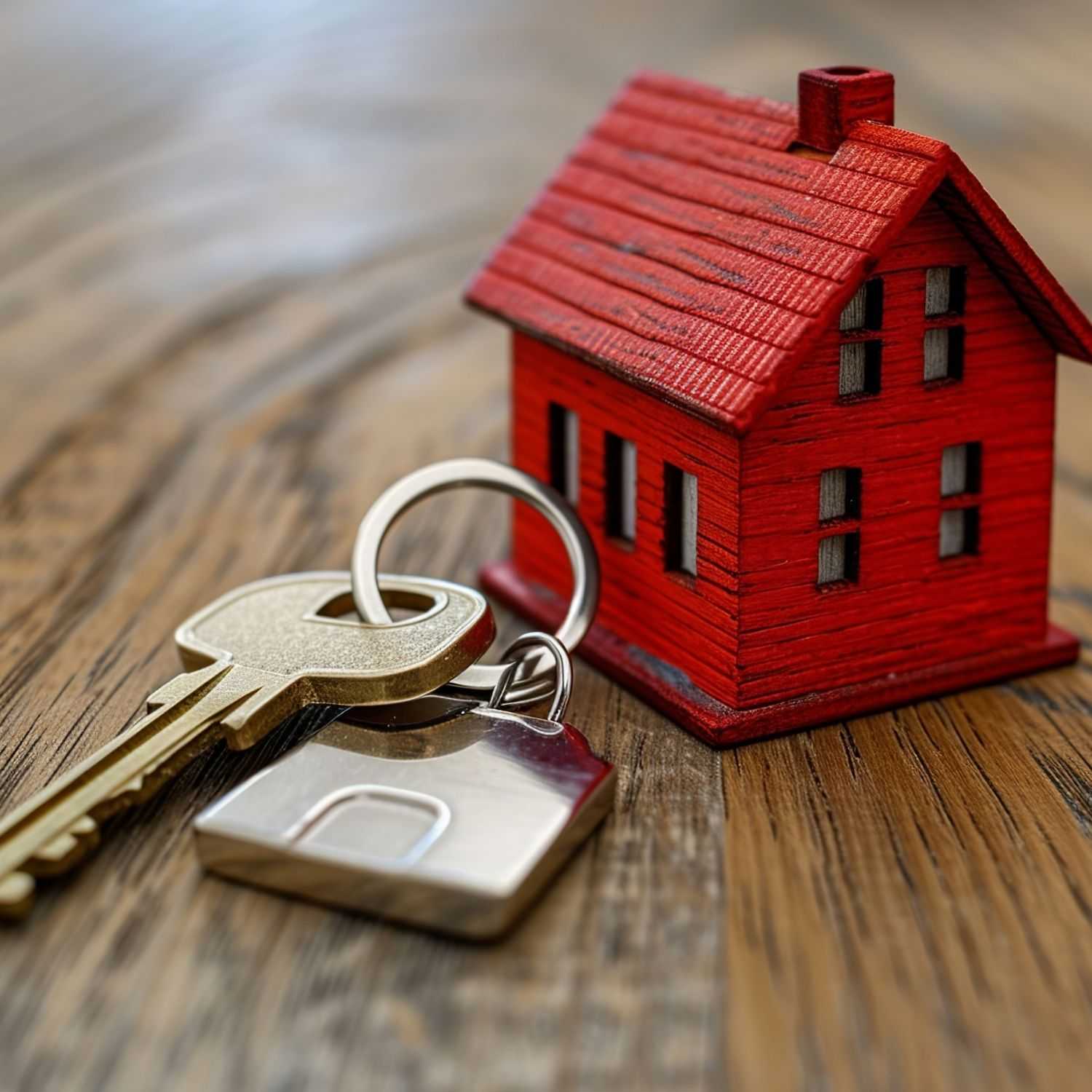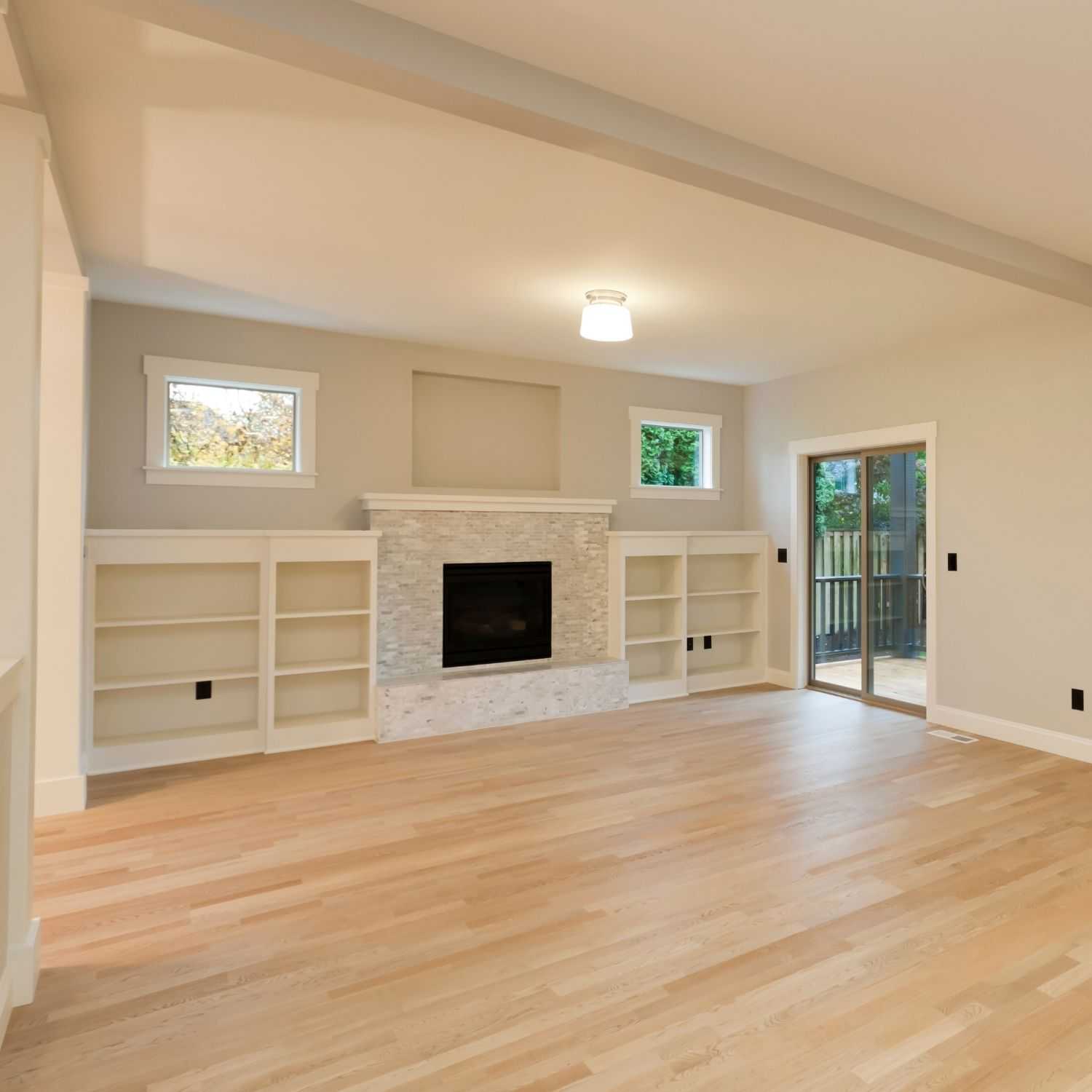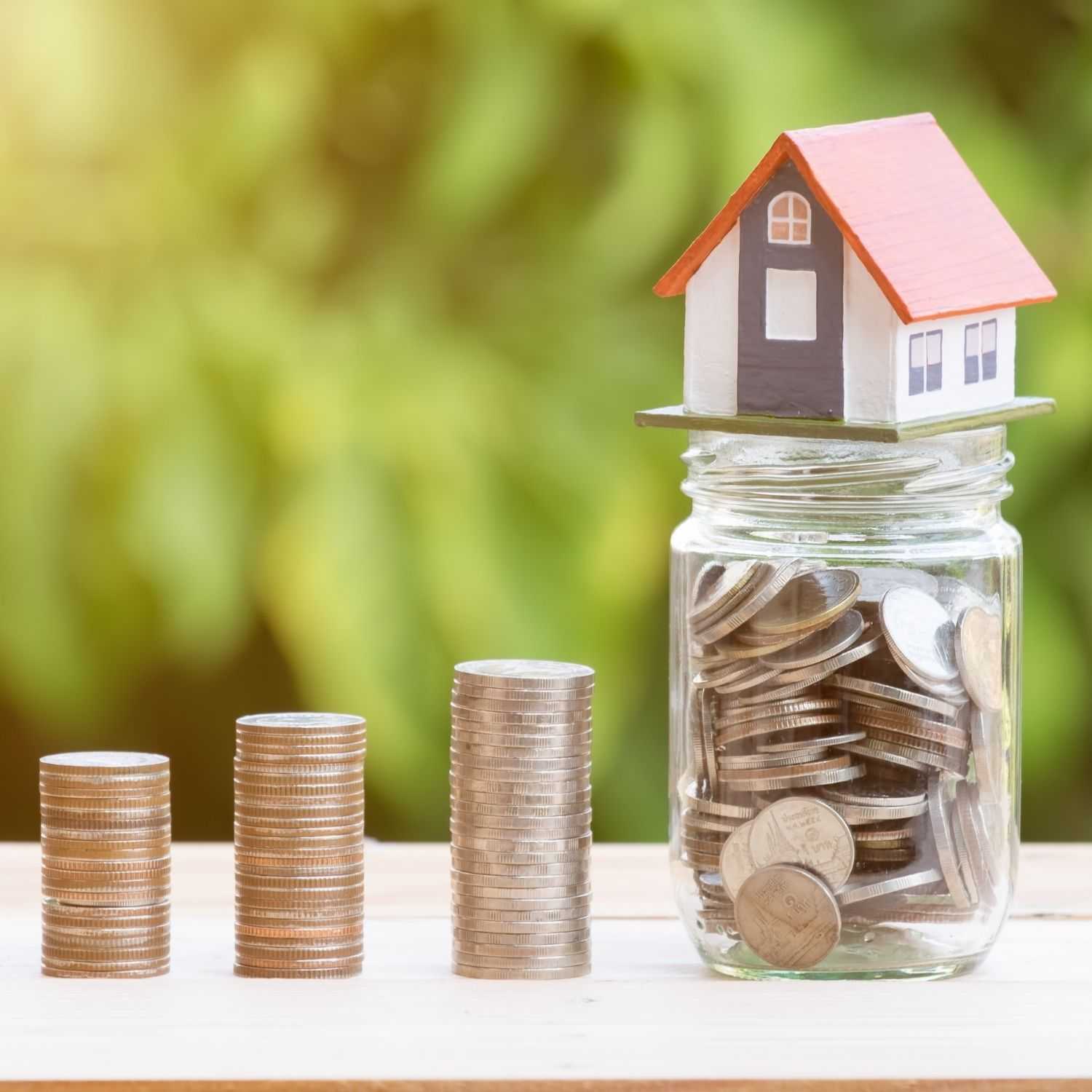Share post:
(Article updated August 2025)
Key Takeaways:
- Property sustainability is essential in the UK real estate market. It affects asset value, compliance and environmental responsibility.
- Regulations (e.g. EPC, MEES) require landlords to improve energy efficiency and meet sustainable standards, or risk getting fined by up to £5,000.
- Eco-friendly upgrades boost ROI through increased property value, higher rental rates and lower operating costs. Improvements include LED lighting, insulation, smart thermostats and renewable energy installations.
- Sustainable properties attract more tenants and guests, increasing both occupancy rates and rental income.
- Energy and water conservation, plus sustainable materials, contribute to long-term cost savings and compliance.
Property sustainability is not just a trend. It has become an essential requirement in the real estate sector in the United Kingdom.
Industry reports reveal that in 2022, residential buildings were responsible for 20% of the overall GHG or greenhouse gas emissions in the UK. From July to September 2024, it was reported that UK residential properties emitted 99 million tonnes of carbon dioxide (0.2% higher compared to the same time in 2023).
If this is not dealt with, it would be harder to meet the UK’s plans to achieve “Net Zero” by 2050. This is why sustainable strategies are being implemented to minimise the negative environmental impact of the real estate sector. Among other things, it would help the UK meet their domestic targets under the Sustainable Development Goals of the UN.
Property developers, builders, investors, owners and landlords should come together to help meet the global initiative. It’s not just good for the environment. It will also increase your property’s value, ensure compliance and boost your property portfolio.
In this article, you’ll learn more about property sustainability and why it’s a strategic move for investors and owners. You’ll also discover tips to help you improve your property to meet sustainability goals so you can stay compliant with the current rules and regulations.
Why Property Sustainability Should Be a Priority
Property sustainability aims to impact both economic and environmental issues. Climate change caused by global warming is a real problem that the whole world is suffering from. From flash floods to heat waves and stronger storms, it’s clear that the environment needs help to mitigate the effects of the Earth’s changing weather patterns.
Global warming is a prominent culprit in the changing climate. This is caused by burning fossil fuels and increasing greenhouse gas emissions that bring too much carbon dioxide into the Earth’s atmosphere. The fewer harmful emissions, the better it will be for the environment.
What is the economic connection of sustainability to real estate properties? Imagine flooding, heavy rainfall and heatwaves getting worse. Areas that used to be flood-free are now flooded after storms have passed.
Whether you like it or not, these can affect your property and lower its value. Rental properties in flooded areas will lose their appeal, which will give tenants a reason to negotiate lower rental prices. Guests will also choose other properties to book a stay. These will lower your property’s occupancy rate and rental income.
Landlords and short-term rental hosts will also face higher overhead and property management costs. Short-term rentals will have to pay higher energy costs and might end up being penalised for high carbon emissions. These are economic effects that landlords and shortlet hosts should think about if they want their rental business to thrive.
Benefits of Property Sustainability
Sustainability solves several issues in property management, so you need to consider how you can use it as part of your real estate strategy. It’s not just about energy efficiency or improving the property’s energy performance. It’s about leaving a positive impact on the environment while maximising returns from your rental property.
Here are the benefits of using property sustainability as one of your real estate strategies.
- Boost in property value. Sustainable properties have undergone upgrades and replaced older appliances and equipment to meet the industry’s greener standards.. This compliance and the enhancements associated with it can boost a property’s value and make it more resilient against regulatory shifts.
- Higher occupancy rates. A study reveals that having green accreditation contributes to getting more bookings or lease agreements. Eco-conscious tenants and travellers prefer to stay in sustainable properties as it makes them feel they’re making an impact. By investing in sustainable improvements, you can increase your property’s occupancy rates.
- Increased rental income. With a higher occupancy rate, it only follows that your property will enjoy an increase in rental income. Not to mention, the higher property value and improvements will allow you to raise rental rates. This will help you earn more from bookings.
- Lower operating costs. By replacing outdated appliances with energy-efficient alternatives and investing in water-saving technologies, properties can improve their energy performance and lower operating costs. Utility bills, specifically water and energy costs, will be lower. This can increase the profit margin of landlords and hosts.
- Better tenant retention. Long-term leases are more likely to enjoy tenant retention as sustainable properties offer better housing conditions and a working environment. With fewer vacancies, properties are bound to earn higher rental income.
As rewarding as sustainable properties can be, there’s one thing that landlords and property owners have to consider – funding. Any type of update, upgrade or improvement requires capital. The good news is that 4 out of 10 lenders in Europe revealed they are inclined to offer better loan terms for sustainable assets like real estate properties. This means you can get adequate funding should you decide to make your property more sustainable.
What Are the Sustainability Rules for Rental Properties?
Before making plans to improve your property’s sustainability, it’s best to conduct proper due diligence on current regulations in London. This way, every improvement will help your property stay compliant.
Here’s a list of sustainability rules for rental properties:
EPC Rating
As of 2025, the current minimum EPC (Energy Performance Certificate) rating for private rental properties is E. However, this is set to go up to C in 2028 (new tenancies) and 2023 (existing tenancies). Any property letting with a lower EPC rating will be fined. While the new deadlines are not explicitly cemented into law, it pays to improve your property, which can help with utility bills and energy conservation.
If the property can’t meet the minimum rating, they’ll have to get special permission to keep renting the property. Among the reasons to get permission are:
- High cost to improve the property (more than £3,000)
- Added insulation will negatively impact the property’s structure
- Failure to get third-party consent (e.g. mortgage lender)
- Improvements will reduce the property’s market value by 5%
MEES Regulations
This is short for Minimum Energy Efficiency Standards and is tied to the EPC rating. Landlords are required to meet the current MEES regulation, which is currently an EPC Band E. Failure to comply will lead to a fine of up to £5,000. There’s a proposal to increase the fine to £30,000 once the minimum EPC Band C is implemented – but this has yet to be enacted.
Sustainable Materials Mandate
Under the Future Homes Standards (FHS), new homes should use building materials that will reduce carbon emissions and promote sustainable materials. While this does not include existing properties, it is encouraged that renovations should prioritise the use of recycled or low-impact materials.
Data-Driven Sustainability
There’s a general push for property owners and real estate portfolios to provide real-time reporting on their energy use and sustainability performance. Also known as data-driven sustainability, this is part of the effort to make the real estate sector more eco-friendly. However, this is not a strict requirement. Despite that, being more conscious about a rental property’s sustainability standard and taking note of improvements will help property owners and landlords increase the value and eco-appeal of their rentals.
Carbon Audits
There’s no mandate to legally require existing rental properties to conduct regular carbon audits. However, a carbon emissions assessment is part of the EPC rating. If you want to increase the EPC rating of your property, you need to reduce its carbon emissions.
How to Improve the Sustainability of Your Portfolio
Whether you want to get a new build or improve an existing flat, there are several ways to make sustainable upgrades on your property. Your focus should be on energy efficiency, water conservation and an overall reduction of your property’s negative environmental impact.
Here are tips that can improve the sustainability of your property and create a positive long-term effect on your portfolio.
- Retrofit for energy efficiency. Insulate your property and use LED lighting and double or triple glazing. Replace old boilers with energy-efficient models and install smart thermostats. These will improve the property’s energy performance and reduce carbon emissions.
- Opt for smart technology. Things like smart meters and energy monitoring tools can help landlords track the consumption of the property. It can help identify any inefficiencies so that affected devices can be replaced. These data-driven insights make it easier to optimise energy costs and, in effect, increase profit margins.
- Invest in renewable energy sources. Get solar panels or ground/air-source heat pumps. These provide renewable sources of energy that can dramatically reduce utility bills. These can also boost your property’s sustainability credentials.
- Promote water conservation. Use rainwater harvesting systems and install low-flow taps and dual-flush toilets. These are effective in reducing the water consumption of the property. Conserving water can lower bills and leave a more positive impact on the environment.
- Design for natural lighting, ventilation and flexibility. If you can renovate the property to let in more natural light and ventilation, this would increase its sustainability. At the very least, you can rearrange the interior design to provide flexible living spaces. This will improve guest or tenant satisfaction.
- Choose sustainable partners. Get property managers, suppliers or builders with credentials that prioritise sustainability, carbon reduction and energy efficiency. They will help you improve your property’s sustainability.
Property Sustainability FAQs for London Landlords
I want to make my property sustainable. Where do I start?
Start with the property’s energy efficiency. Take an energy audit to identify areas for improvement. Here are suggestions you can start with.
- Use LED lights. Replace all the lights with LED ones.
- Invest in energy-efficient appliances. Check out inefficient appliances, devices and equipment to see if you can replace them with modern models that are more energy efficient.
- Seal air leaks. Inspect windows and doors to ensure there are no drafts or air leaks. Seal if there are any.
- Upgrade the insulation. Improve the insulation on your property’s walls to increase its ability to trap heat inside.
How can I tell if my property is sustainable?
Check your property’s EPC (Energy Performance Certificate) rating. If you have an EPC Band E or lower, you need to improve your property’s sustainability. Aim to increase the rating to an EPC Band C to ensure the property can meet upcoming regulations.
How much will I spend on making my property more sustainable?
The amount would depend on the scope of the project. Changing all the lights to LED ones would be cheaper than buying a new boiler. There’s a £3,500 cap on the cost you can spend on sustainable improvement. It’s acceptable to stop the improvements even if the property has yet to reach the minimum EPC rating.
Will sustainability increase my property’s value?
Yes, it will increase your property’s value. Sustainable improvements usually involve modern appliances, smart technology and structural upgrades. These will elevate the premium standard of a property. Not to mention, for rental properties, sustainable features attract more tenants and guests. This can reduce vacancy rates and increase rental income.
The Future is Green for Your Rental Property
It’s clear that property sustainability is a powerful and profitable strategy to improve an investor’s portfolio. You don’t just stay compliant with legal standards. It can also increase rental yields while reducing operating costs.
With the rise of eco-conscious travellers and tenant preferences, sustainable properties will be more in demand in the coming years. If you want to set up your property for long-term success, work on making your property more sustainable.
Of course, keeping up with all the regulations can be challenging. But working with green property management companies can help.
City Relay is committed to sustainability, and we’ve been vocal about our efforts to promote greener practices. We’ve switched to using a fully electric fleet, practised energy efficiency in our office and partnered with local suppliers of amenities and toiletries – specifically those who practice sustainability in the same way as we do.
Let us help you convert your property into a more sustainable asset. Get a free rental estimate and contact us now to learn more about our services.
